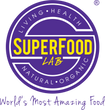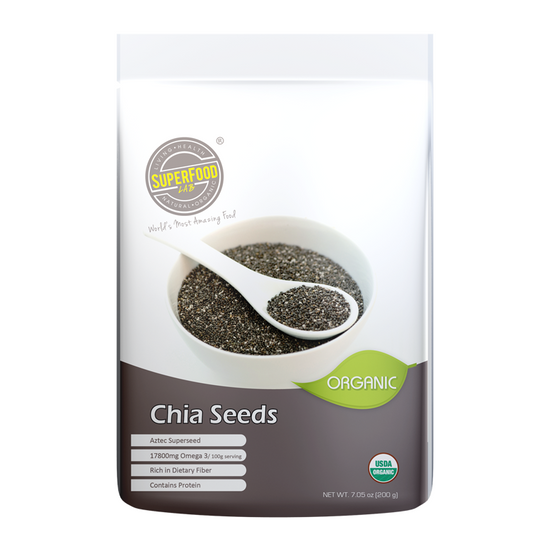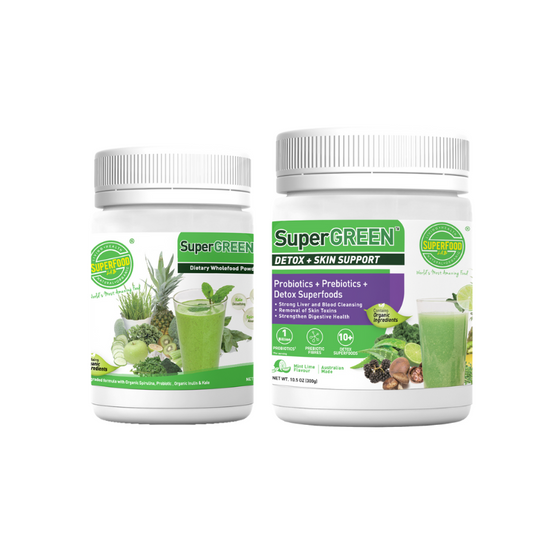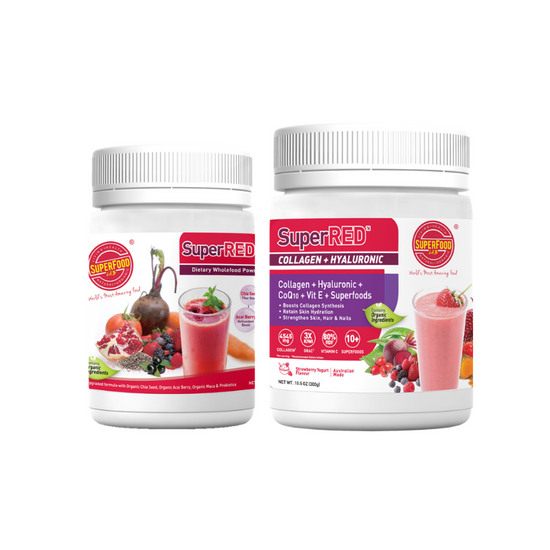Along with vitamins and minerals, enzymes occur in food that is in a natural state. All raw food contains the proper types and proportion of enzymes necessary to digest itself. This occurs in our stomach when the food is eaten or in nature as the food ripens.
The type (protein, sugar, starch, fat) and amount (caloric value) of the major components present in the food determine the type and amount of the various enzymes found in the food. For example, olives and bananas are higher in fat and lipase, while peaches are higher in carbohydrate and amylase.
Protein, carbohydrates, fat, and fiber are building blocks but they do not possess the energy (capacity to do work) necessary for biochemical reactions. Only enzymes can furnish this energy. When raw food is eaten, chewing ruptures the cell membrane and releases the indigenous food enzymes. Once liberated the enzymes begin to digest food, but their action is very limited in the foods they can work on.
Besides needing a substrate to "work" on, enzymes require heat, proper pH and moisture in order to activate.
Heat: All enzymes work within limited temperature ranges. The optimal temperature range for most plant enzymes is 92˚F to 104˚F, which means that these enzymes work best at body temperature. However, enzymes cannot tolerate the high temperatures used in cooking, baking, microwaving, canning, and pasteurizing. These methods all produce heat of 118˚F or higher which destroys the enzymes.
Proper pH: Plant enzymes work in a very broad pH range, 3.0 to 9.0, which coincides very nicely with the human gastrointestinal tract. This is an important factor to remember when comparing plant enzymes with the body's own digestive enzymes or with supplemental animal enzymes, such as pancreatin. Plant enzymes work in both the stomach and intestines. Pancreatic enzymes, whether produced by the body or provided as a dietary supplement, only work in the small intestine.
Moisture: Plant enzymes must have moisture in order to perform their digestive function. Quite simply, digestion is the process of breaking molecules apart with the addition of water hydrolysis. The body satisfies this need with saliva. Conversely, plant and animal cells use the process of condensation—the removal of water—to form the long molecular chains that foods are composed of.
Benefits of Plant-based Digestive Enzymes
- All-Natural : Enzymes grown in plants come from a natural source
- Safe : With plants, manufacturers have complete control over the growing environment, harvesting, preparation and manufacture.
- Helps in Digestive Health
- Digestive enzyme supplementation can help to correct problems stemming from low stomach acid caused by aging and acid reflux medication usage.
SuperSLIM Protein

Reduce the Belly Fat
Bromelain is a protein enzyme digesting meat by disintegrating the polypeptides in the long chain protein into basic unit of amino acids. Amino acids are then readily absorbed by the intestine reducing episodes of indigestion and relieving gassy stomach.
Papain break down your body fat
Papain good for breakdown the Neutral Fat and Mast Cell Reducing. Also, the enzyme specifically decomposes lactic acid in muscle and limit the potential of experiencing the effects of DOMS (Delayed onset muscle soreness) after a strenuous exercise.








